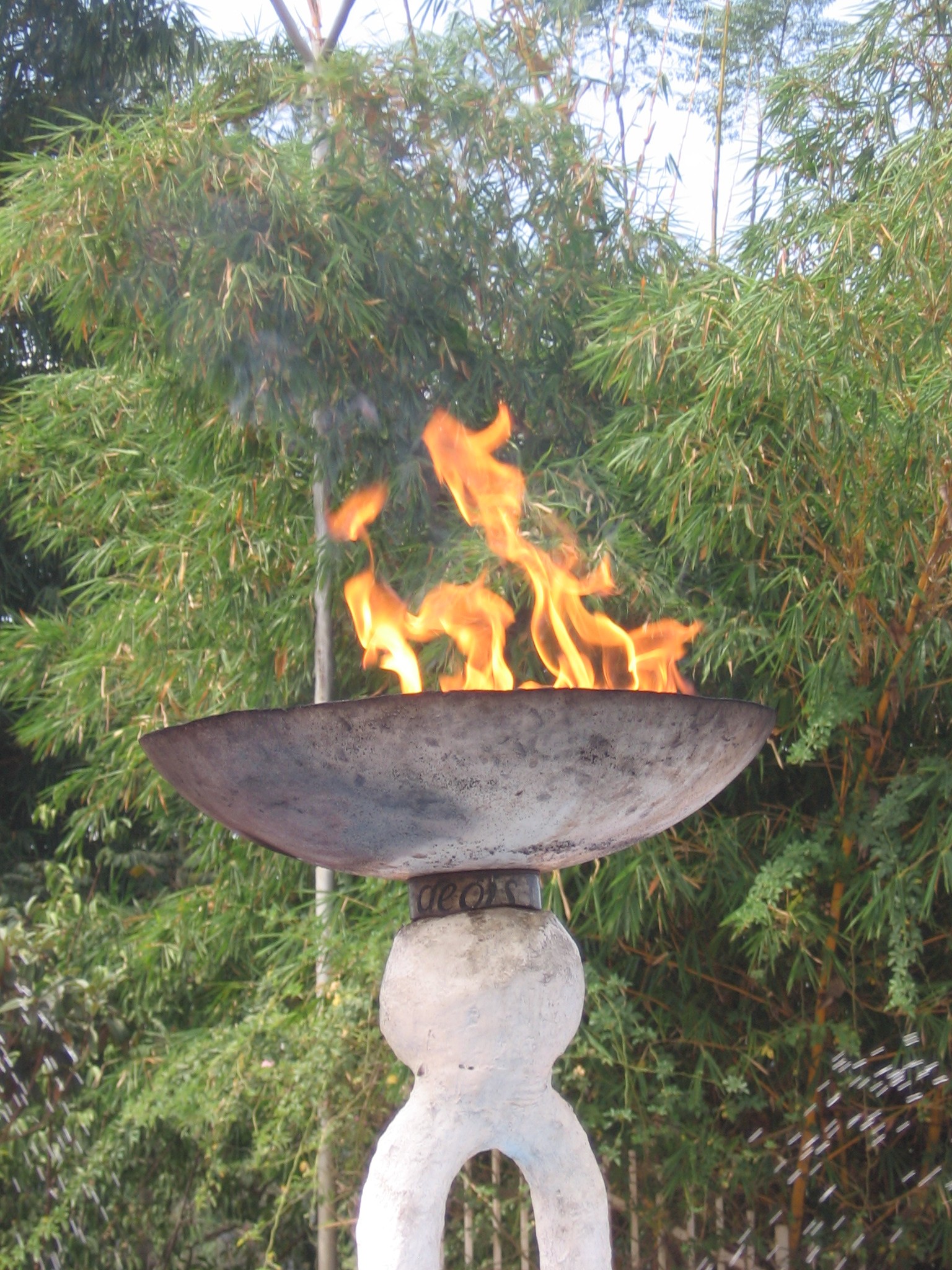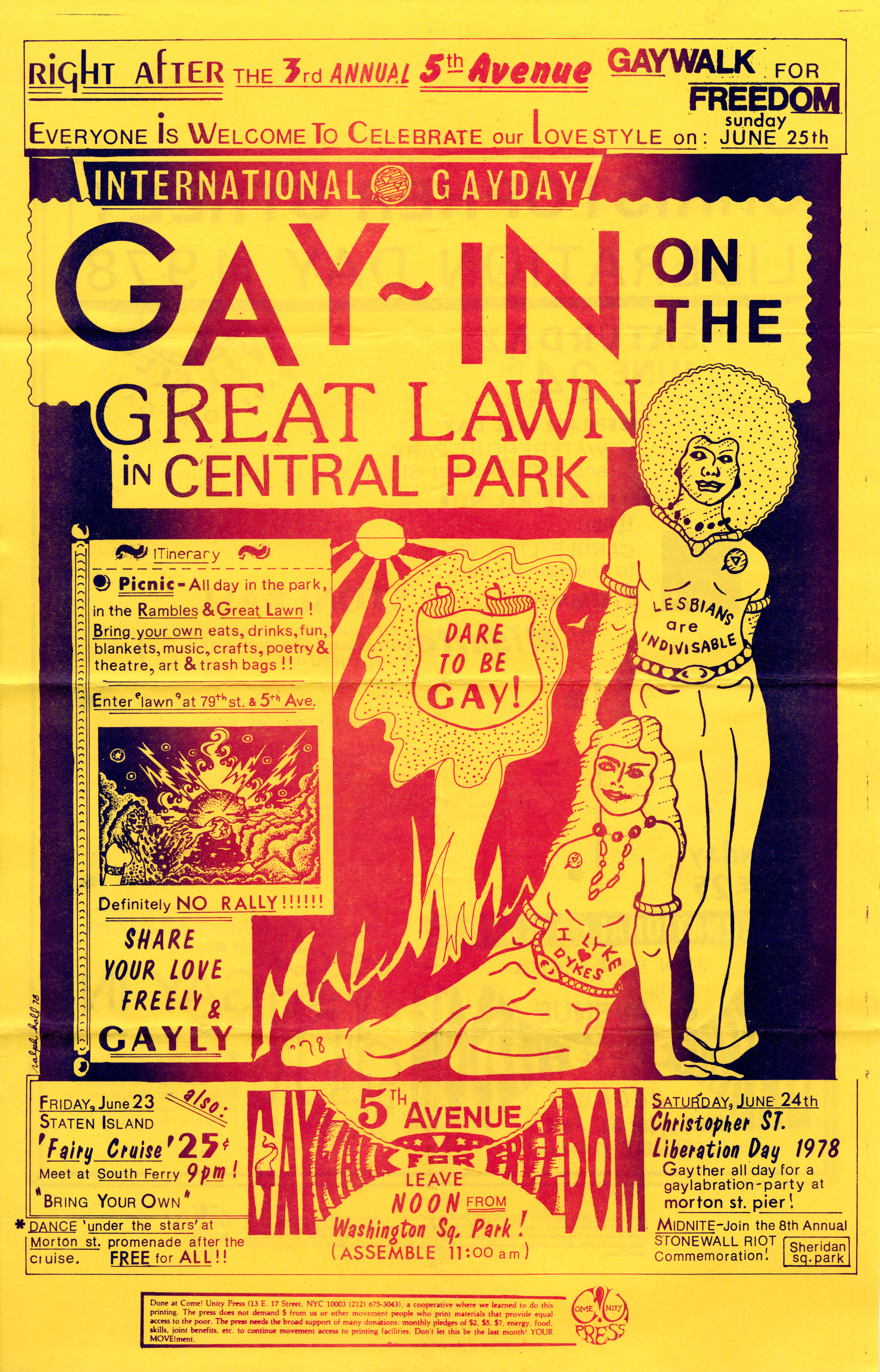Human Rights Day 2010 on 10 December recognizes the work of human rights defenders worldwide who act to end discrimination. The day commemorates the adoption of the Universal Declaration of Human Rights (UDHR) by the United Nations General Assembly on December 10, 1948.
Acting alone or in groups within their communities, every day human rights defenders work to end discrimination by campaigning for equitable and effective laws, reporting and investigating human rights violations and supporting victims.
While some human rights defenders are internationally renowned, many remain anonymous and undertake their work often at great personal risk to themselves and their families.
The UN Human Rights Day 2010 website has profiles of some human rights defenders working around the world to end discrimination, including:
Courageously combating discrimination against homosexuals: Otgonbaatar Tsedendemberel (Mongolia)
Mr. Tsedendemberel is the Advocacy Programme Manager for the Lesbian, Gay, Bisexual and Transgender (LGBT) Centre based in Ulaanbaatar, Mongolia. The LGBT Centre is the first-ever Mongolian non-governmental organization mandated to uphold, protect and ensure the human rights of sexual minorities. The Centre submitted a report on LGBT rights in Mongolia to the UN’s Human Rights Council in 2010, risking their personal safety to do so. When Mongolia was reviewed by the Council’s Universal Periodic Review process in November 2010, Mr. Tsedendemberel traveled to Geneva to conduct advocacy and to “make sure the often suppressed voices of the Mongolian LGBT community were heard at the United Nations.”
Speaking out for indigenous rights: Dora Alonso (Guatemala)
Eighteen-year-old Dora Alonso is from Guatemala’s vast Mayan indigenous community and raises her voice against discrimination towards all indigenous people, in particular women and girls. She is a member of Guatemala’s Children’s Parliament, a national organization for Mayan, Xinca, Garifuna and Ladino children and youth. The Parliament’s work focuses on the promotion of health, education, gender equality, respect for identity and the prevention of sexual exploitation and child abuse. The Parliament also promotes non-discrimination of people living with HIV/AIDS. In her own role, Dora is responsible for the Parliament’s communications arm, providing information about the organization and implementing prevention campaigns.
Documenting human rights violations around the world: Roberto Garretón (Chile)
During the Pinochet dictatorship in Chile, Mr. Garretón was arrested for publishing an article on human rights violations by the regime. He was a member of the Vicaría de la Solidaridad, an organization symbolic of the struggle for human rights, which spoke out against repression under Pinochet, defended the rights of torture victims and prisoners and sought to locate the disappeared. Mr. Garretón’s personal background lends itself to his work as a human rights lawyer and his current role as a member of the UN’s Working Group on Arbitrary Detention, which considers petitions from individuals or groups concerning cases of arbitrary deprivation of liberty. From 1994 to 2001, Mr. Garretón also served as the UN Special Rapporteur on the situation of human rights in the Democratic Republic of the Congo, documenting human rights violations in that country.
Using the law to combat racial and other discrimination: Gay McDougall (USA)
Currently serving as the first United Nations Independent Expert on minority issues, Ms. Gay McDougall is a human rights lawyer with a long history of activism in civil rights. Growing up in segregated Atlanta, Georgia, Ms. McDougall was excluded from many public places as a child. She was the first black student admitted to her college and faced discrimination and racism on a daily basis. She went on to become Executive Director of the US-based international non-governmental organisation Global Rights between 1994 and 2006. Among her many international roles, she has served as an Independent Expert on the UN treaty body that oversees the International Convention on the Elimination of All Forms of Racial Discrimination and was one of five international members of South Africa’s Independent Electoral Commission, which successfully organized and administered that country’s first non-racial elections.
Breaking a vicious cycle of discrimination against Roma communities: Sri Kumar Vishwanathan (India/Czech Republic)
Mr. Sri Kumar Vishwanathan, originally from India, has been a human rights defender of the Roma for 14 years. He has worked tirelessly to build bridges between Roma and non-Roma communities and his leadership and initiative led to the creation of the Common Life Village in Ostrava, Czech Republic, where families of both Roma and non-Roma ethnicities live together as a single community. He has also established dialogue between the Roma and the police forces, starting a project where Roma women work as assistants (inter-cultural mediators) with the police to help break the vicious cycle of exploitation of Roma families by thugs from their own community. He has also been consistently involved in providing assistance to Roma families who have been victims of brutal racist attacks. He still lives with his family in one of the most repressed Roma ghettos.
Providing hope and inspiration to HIV positive patients: Me Maphallang Ponoane (Lesotho)
Ms. Me Maphallang Ponoane has experienced firsthand the high levels of stigma and discrimination against people living with HIV and AIDS. As a widow and mother of four children living in Lesotho, southern Africa, she bravely decided to disclose her HIV status to her family, community and her entire district. In 2004, after recovering from a long HIV/AIDS-related illness, Ms. Ponoane joined a support group in her district. The group is now mandated to mobilize communities against stigma and discrimination and to provide care and support for members. Ms. Ponoane works as an “expert patient” and lay counselor in the government hospital in Quthing, promoting positive living for both HIV-positive and tuberculosis patients.
More stories of human rights defenders can be found on the Human Rights Day website.




